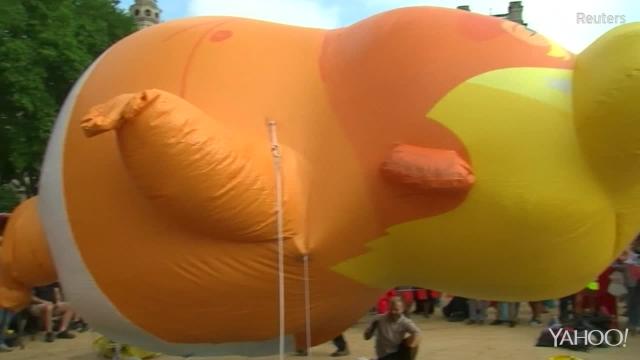The tension between Israel and Iran appears to be heightening.
Hossein Salami, deputy commander of Iran’s Revolutionary Guard Corps
(IRGC), recently said:
“Hezbollah has 100,000 missiles that are ready to hit Israel to
liberate the occupied Palestinian territories if the Zionist regime
repeats its past mistakes.”
He added: “Today, the grounds for the annihilation and collapse of
the Zionist regime are [present] more than ever.” Salami warned that if
Israel made the “wrong move,” it would come under attack.
A few weeks ago, a senior adviser to the IRGC’s elite Quds Force, Ahmad Karimpour, said Iran could destroy Israel “in less than eight minutes” if Supreme Leader Ali Khamenei gave the order.
Rhetoric and Iran’s Military Capabilities
There are several reasons why Iran’s repeated anti-Israel statements
may be pure rhetoric. They are most likely meant as a type of
psychological warfare, because Iran cannot afford direct conflict with
Israel.
Although Iran is larger geographically and in terms of population, its military capacity is inferior. Even regarding missile capabilities, which Iranian generals boast about, Israel’s are greater in range and number.
What
fundamentally changes the balance of power is Israel’s nuclear capacity.
It is widely believed to have some 200 nuclear warheads that can be
used with intercontinental ballistic missiles, as well as nuclear-armed
submarines.
As such, Iran’s
policy toward Israel is to not strike first, as doing so would be
suicidal for the ruling political establishment, whose main objective is
to maintain power. It would be more effective to fight Israel via its
Lebanese Shiite proxy Hezbollah.
Tehran’s
repeated boasting about IRGC capabilities is aimed at invoking
nationalist sentiment among the public, because Iranian leaders know
that the overwhelming majority of Iranians are dissatisfied with the
hardliners and the political establishment.
Kazem, 29, PhD
student majored in public health, pointed out “I would like to see a
regime change in Iran, but I want Iran, ruled by any government even the
current clergies, to be stronger than any country in the region
including Israel. Iran should be the most powerful nation in the region
militarily, technologically and economically as it was under Shah era or
thousands of years of the Persian empire”.
In addition,
IRGC attempts to maintain and increase the budget allocated to it by
showing that it is an indispensable and a must-have force to protect
Iranians.
This method has been successful, as polls have repeatedly shown that many
Iranians who oppose the political establishment still favor their
country becoming a nuclear power or being more powerful than any other
country in the region.
Finally,
Khamenei and senior cadre of IRGC are appealing to the nationalistic
sentiments of Iranians to win their votes by showing that IRGC is a
must-have force to protect Iranians and project Iran’s prowess. They are
also recalibrating the domestic balance of power, making it clear that
they are the final decision-makers. They are appealing to their hardline
social base by showing it that they continue to prioritize the values
of the 1979 revolution (such as opposing Israel and the US) over other
issues, including national interests. And, they are sending a message
that the nuclear agreement does not mean Iran would make fundamental
changes in its socio-political and socio-economic policies.


0 comments:
Post a Comment